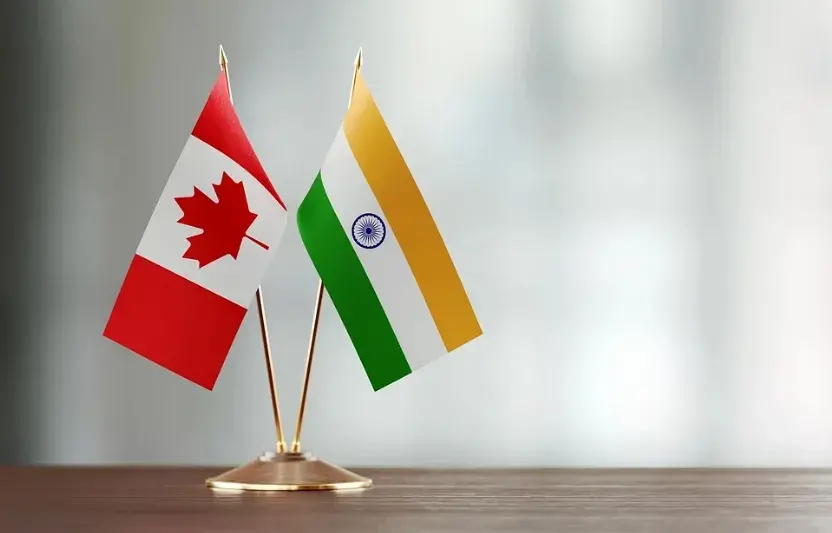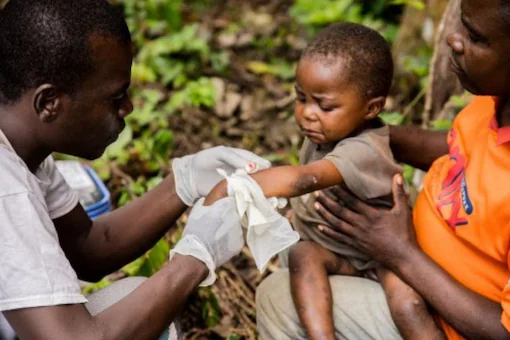Canada Braces for Potentially Catastrophic Wildfire Season Amid Rising Temperatures and Drought
Canada is bracing itself for another potentially catastrophic wildfire season, according to warnings from the federal government. The forecast indicates higher-than-normal temperatures expected during the spring and summer months across much of the country, exacerbated by El Niño weather conditions. Last year, Canada experienced its most devastating fire season on record, with over 6,600 wildfires …



